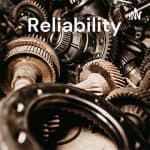
RiM 23: Reliability, Availability & Maintainability (RAM) Simulation

Your Reliability Engineering Professional Development Site
by Akshay Athalye Leave a Comment

by Dianna Deeney Leave a Comment
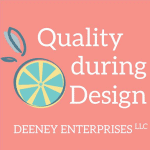
We’ve been talking about how to best work with our cross-functional team at early concept development – to use quality and reliability tools in working meetings to really understand the concept space as a way to design for how the customer may experience our new concept idea.
Coming out of our talks make be questions about unknowns or misalignments. We may need to meet our customers where they’re at to get clarity.
When engineers say, “I’d like to talk with a customer about this,” we usually get push-back.
We need to tackle objections and remove obstacles between design engineers and their customers. For ideas, I’ve pulled an episode from the archive, originally published December 2021.
Listen-in to learn how we can take next steps in the concept space when visiting customers.
by Carl S. Carlson Leave a Comment
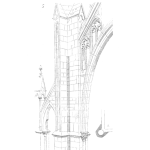
Carl and Fred discussing the integration of reliability activities with engineering decisions, and how to enhance this important intersection.
ᐅ Play Episode
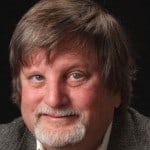
Kirk and Fred discuss about a career progression in the field of reliability engineering and job movement in this post-pandemic work world.
ᐅ Play Episode
by Akshay Athalye Leave a Comment



Dianna Deeney interviews Sol Rosenbaum about engineering with receptivity: how an openness toward others for new impressions and different ideas can lead to a successful engineering career.
This interview is part of our series, “A Chat with Cross Functional Experts”. Our focus is speaking with people that are typically part of a cross-functional team within engineering projects.
Sol Rosenbaum graduated with a BS and MS in Mechanical Engineering and is currently the Owner & Managing Engineer of a small firm providing engineering support and energy analysis to commercial properties as part of the mortgage financing process. He also has a passion for mentoring younger engineers and founded The Engineering Mentor where he provides material geared towards younger engineers and helping them along in their engineering journey.

Kirk and Fred discuss new efforts in states to legislate the consumer’s right to repair equipment they have purchased.
ᐅ Play Episode
by Christopher Jackson Leave a Comment
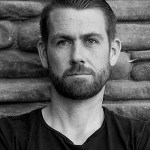
Chris and Fred discussing the proper use of the equation often used to determine acceleration factors for accelerated temperature and humidity testing.
ᐅ Play Episode
by Michael Pfeifer, Ph.D., P.E. Leave a Comment
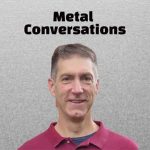
by Dianna Deeney Leave a Comment

A goal without a plan is just a wish.
We take these wishes…
“I wish I had the cross functional input that I need for design inputs.”
“I wish I could work with my cross functional team.”
“I wish my team would accept my design idea.”
…and we add a plan to make them a GOAL.
We plan for what it is we want and how we’re going to get there using Quality during Design.
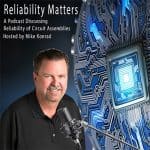
Can reliability training be both entertaining and effective? The Manufacturing Game’s Michelle Ledet Henley has a different approach to traditional training methods.
Michelle Ledet Henley has worked with The Manufacturing Game since 1998 as a developer of new simulations and training material. She has traveled worldwide in her capacity as a facilitator and trainer for The Manufacturing Game and other simulations developed by Ledet Enterprises, Inc. Michelle has been instrumental in developing simulations with a focus on reliability, project management and distribution.
She began her career with KPMG Peat Marwick in San Francisco, CA, and then worked for a real estate management and development firm in the Washington, D.C. area. Before joining The Manufacturing Game®, Michelle formed her own company, Innovative Interfaces, which provides computer programming services around the United States.
Michelle has a bachelors of business administration degree from the University of Texas – Austin in Accounting and Information Services.
Michelle’s Contact Information:
mrledet@manufacturinggame.com
linkedin.com/in/michelleledethenley
The following books were recommended on this episode:
Don’t Just Fix It, Improve It
https://a.co/d/gYvMKdI
The Story Telling Code by Dana Norris
https://a.co/d/cCgTWNb
by Christopher Jackson Leave a Comment

Chris and Fred discussing a listener’s questions on how to convert a failure rate to a distribution.
ᐅ Play Episode
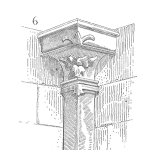
Greg and Fred discussing how reliability inherently involves variability and risk.
ᐅ Play Episode


We’re given information about an opportunity for a new product.
We talk about what can happen when we start solution-building just with what we’re given. And we talk about an alternative start to a new engineering project.
 Ask a question or send along a comment.
Please login to view and use the contact form.
Ask a question or send along a comment.
Please login to view and use the contact form.